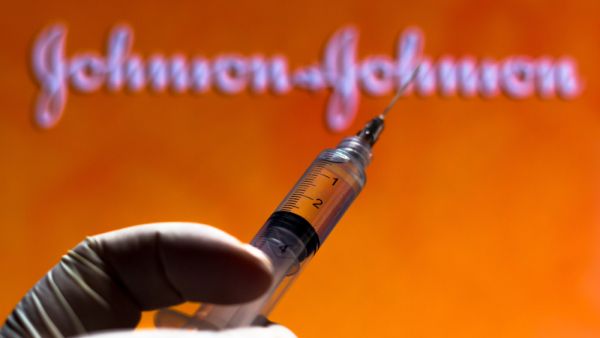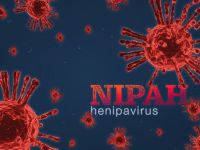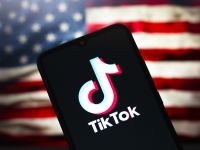ENSEMBLE, distinguishable for its existence as a single-dose vaccine, showed effectiveness in 72% of recipients who participated in the Phase 3 trials, numbering at 43,783. "Our goal all along has been to create a simple, effective solution for the largest number of people possible, and to have maximum impact to help end the pandemic,” said CEO Alex Gorsky.
The 72% — 468 cases overall — were symptomatic COVID-19 cases. These individuals were reviewed 14 to 28 days after getting jabbed.
"Don't let the perfect get in the way of the good enough," Kizzmekia Corbett, one of the vaccine developers for Moderna, tweeted on Friday, encouraged by the efficacy percentages of ENSEMBLE.
1/n: People are asking me for comments, and I'll tell you how my ex project manager used to tell me re: me overachieving & striving for "perfection" in some things...— KizzyPhD (@KizzyPhD) January 29, 2021
"Don't let the perfect get in the way of the good enough."
This is darn good for 1-dose ... "in a pandemic".
The announcement notes that "The ENSEMBLE study results include efficacy against newly emerging strains of coronavirus, including some highly infectious variants present in the US, Latin America and South Africa."
The vaccine's efficacy rate dropped significantly from the United States, where it was at 72%, to 57% in South Africa, where a new variant was recently discovered, prompting world-class worry, the fear of it being the cause of Israel's current airport shutdown.
"The potential to significantly reduce the burden of a severe disease, by providing an effective and well-tolerated vaccine with just one immunization, is a critical component of the global public health response,” said Paul Stoffels, the chief scientific officer of Johnson & Johnson.
Additionally, Johnson & Johnson plans on filing for Emergency Use Authorization (EUA), as previous vaccine candidates — Pfizer and Moderna — have done.
The vaccine is, according to the data, 85% effective overall in preventing severe complications that could result in hospitalizations.
The company noted that they will follow up with the trial participants for "up to two years."








